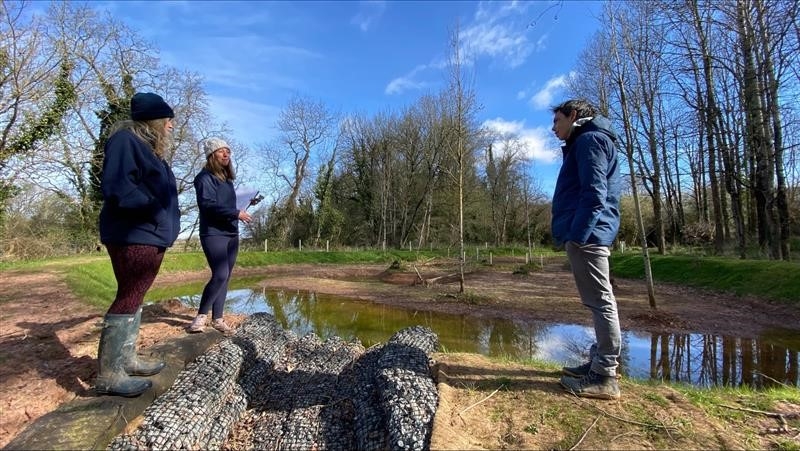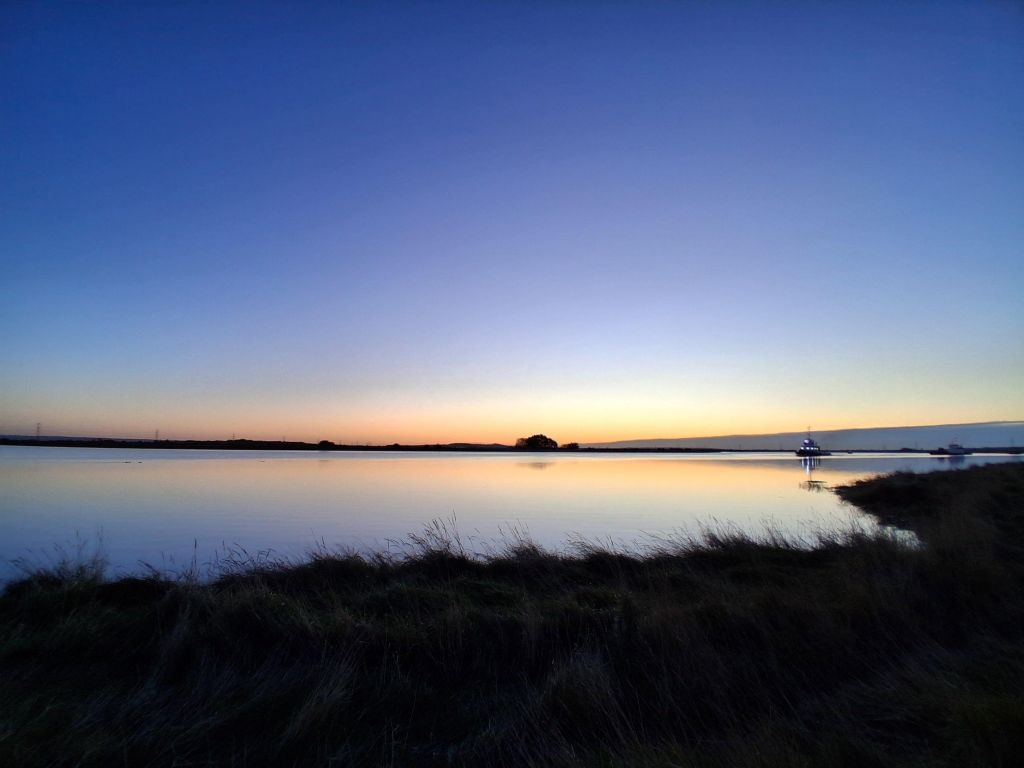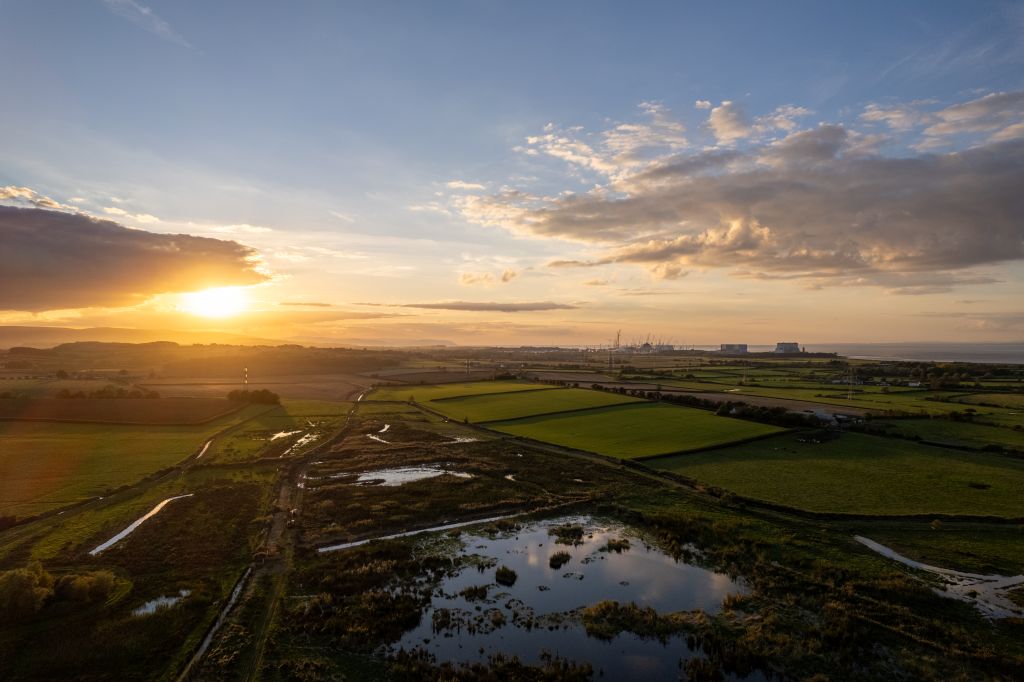Fighting Water with Water: Helping to prevent flooding in West Somerset using wetlands and other natural solutions

Over the last three years The Wildfowl & Wetlands Trust (WWT), the UK’s leading wetland charity, has been working around the Monksilver and Doniford streams on naturally helping to prevent flooding through the Two Valley’s: Slow the Flow project.Here WWT, funded by the environment agency, has been working with the community and local landowners to identify and implement natural flood management (NFM). Natural flood management is an approach that uses natural ways such as wetland creation and tree planting to hold back and slow down the flow of water before it reaches and potentially floods properties and businesses.
The first three years of the project have been a great success resulting in:
• NFM solutions delivered on 27 different farms and pieces of land in private ownership with a further 8 projects in development in the area.
• Land management advice was provided by The Farming and Wildlife Advisory group (FWAG) SW to 20 farmers in the Monksilver and Doniford steam catchment on a total of 90 fields
To help slow the flow
• 80m of elevated hedge bank has been created at three sites.
• 3,668 native hardwood trees were planted at 15 sites.
• 1091m of livestock fencing has been erected at five sites
• Twenty cross drains have been built at five sites to reduce the runoff and pollution issues detected.
• Soil condition and flood hotspot surveys of 90 fields across 20 farms, with soil husbandry advice and mitigation recommendations.
Reflecting its success, the project recently received a further year of funding through the government’s Green Recovery Challenge Fund, this enabled WWT to employ two new members of staff; Bryony Wilde, the new project manager and Hannah Bailey as engagement officer.
The final year of the project running until March 2022 is being called Parish NFM as WWT aims to work with local communities to understand how they can successfully handover the project and reduce future flooding in the area. Engagement Officer Hannah Bailey said:
‘We would love to work with communities in Bicknoller, Stogumber, Elworthy and Sampford Brett to give local people the skills and confidence to be able to continue implementing natural flood management practices independently once the project is over. Using local knowledge we want to develop flood risk maps of the area so communities can identify where to implement natural flood management strategies to help protect people and businesses from flooding downstream’
Over the next year WWT aims to establish key action flood groups in the areas of Sampford Brett, Elworthy, Stogumber and Bicknoller and offer communities opportunities to attend workshops about natural flood management. They will also be running community events such as wildlife monitoring workshops and tree planting days.
A full schedule of events will be released later on in the year, on our website and social media channels: Twitter, Facebook and Instagram.
Please note Parish NFM is currently working in Bicknoller, Elworthy, Sampford Brett and Stogumber.
This project is funded by the government’s Green Recovery Challenge Fund. The fund is being delivered by The National Lottery Heritage Fund in partnership with Natural England and the Environment Agency.



